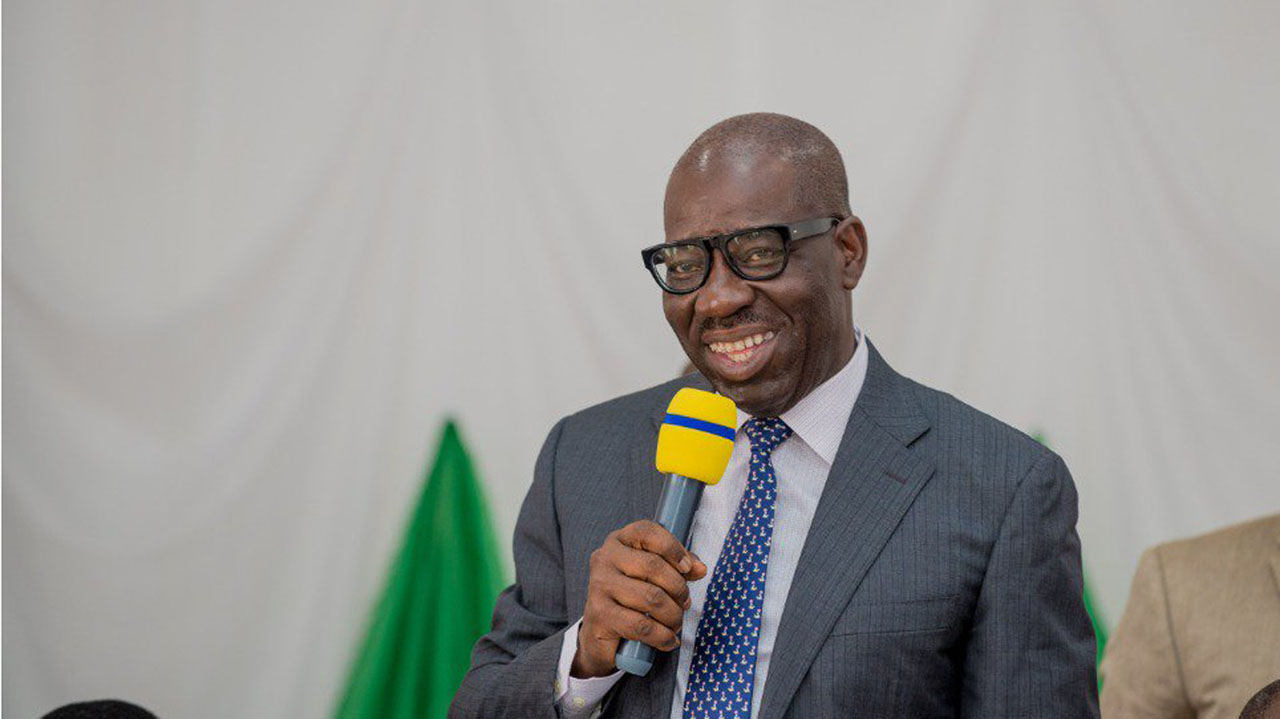In a country where governance performance is few and far in between, it is so easy to see those few conscientious performers who came into politics solely because they were driven by the desire to serve. It is in this context that we can appropriately situate Edo state as a place where the government and the governed are in communion about what the people need and what the governor is able to do to make their aspiration come to pass. The 2019 edition of the Edo Summit aptly titled “Delivering to the People as Next Level” tells a story on its own of a consistent and coherent blueprint put in place to ensure that governance is all about the Edo people and them alone. This is very significant for two reasons. The first is the immediate context of Edo state itself and its past governance dynamics. What is happening in Edo state presently, which is too glaring for all to see, can only be assessed in relations to what has gone before. And it is within that context that the chief helmsman of the state can be situated within the performance or non-performance continuum.
The second reason why the Edo Summit theme is apt is that it speaks to the sub-optimal governance trajectory that underscores why Nigeria is still struggling with democratic governance. It is not difficult to say that there are only few states in Nigeria that are optimal in terms of the capacity to achieve good governance. These few states, including the incredible miracle of governance in Edo state, denote an oasis in the midst the desert. We call Edo state and other governance successes in Nigeria the “pockets of effectiveness.” The idea of “pockets of effectiveness” becomes necessary within a context like Nigeria because it has been difficult since independence to achieve a holistic development blueprint to ties the entire country together. In order therefore to forestall the conclusion of unmitigated failure in Nigeria’s governance and institutional reform architecture since independence, the next best thing to do is to tease out some of those excellent reform successes in specific sectors and contexts that constitute strong points of administrative transformations. The administrative history of Nigeria points at the theoretical advantage of this insight.
Read Also: Sacked Pst. Ize-Iyamu Dumps PDP, Joins APC, Gives Reasons
The governance and reform miracles in Edo state immediately attest to the leadership acumen of a tested professional, technocrat-politician who has been in the governance corridor for too long to understand the significance of leadership responsibility in the lives of the people a leader has been called to serve. This is where the definition of leadership by Sheryl Sandberg, COO of Facebook, becomes rather apt. According to her: “Leadership is about making others better as a result of your presence, and making sure that impact lasts in your absence.” It is in this context that we come face to face with the overwhelming governance initiatives and reform facilitated by the governor of Edo State, His Excellency Godwin Obaseki. Despite the lack of a national development model by which to benchmark the successes of the pockets of achievement in institutional and governance reforms, Governor Obaseki understands immediately that what makes for any institutional reform progress has a lot to do with leadership, vision and the building of institutional capacity.
Obaseki’s leadership advantage derives from his adoption of a technical-rationality guided by knowledge and competence, as well as a deep respect for professionalism and integrity as the fundamental elements that leads to governance efficiency. This technical-rationality suits the temperament of a dedicated governor who has an utter disregard for the usual excuses that politicians deploy in order to pursue crude and criminal accumulations on a scale that hurts the citizens over whom they exercise authority in trust. Governor Obaseki understands the crucial difference between, on the one hand, the futility of a populism founded on the “stomach infrastructure” ideology; and on the other hand, management best practices that deliver the tangible dividends of democratic governance to the citizens. It must have been very clear to the Governor that if he loses the people, he has lost everything.
This point helps me to raise a significant question on governance: In governance terms, what is the difference between what the people value and what is of value to the people? The two usually do not mean the same thing. In other words, it is not always what people consider to be valuable and conducive to socioeconomic development that eventually translate into significant growth and sustainable development. The challenge is therefore there for a technocrat-politician who cannot afford to be disconnected from the people who voted him in and entrusted him with authority to protect his mandate from those who will want to undermine the mandate for their own selfish ends. This requires being innovative in creating a balance between what citizens consider to be of value and what is really of value as legacy or impacts that outlasts the tenure of Godwin Obaseki as Governor in Edo State. So, in interrogating Governor Obaseki’s stellar achievements in the last four years in spite of all the odds, we need to generate frameworks that would help his team to highlight what worked and what is not working as basis for impact assessment, deepening and consolidation that moving to next level would entail.
